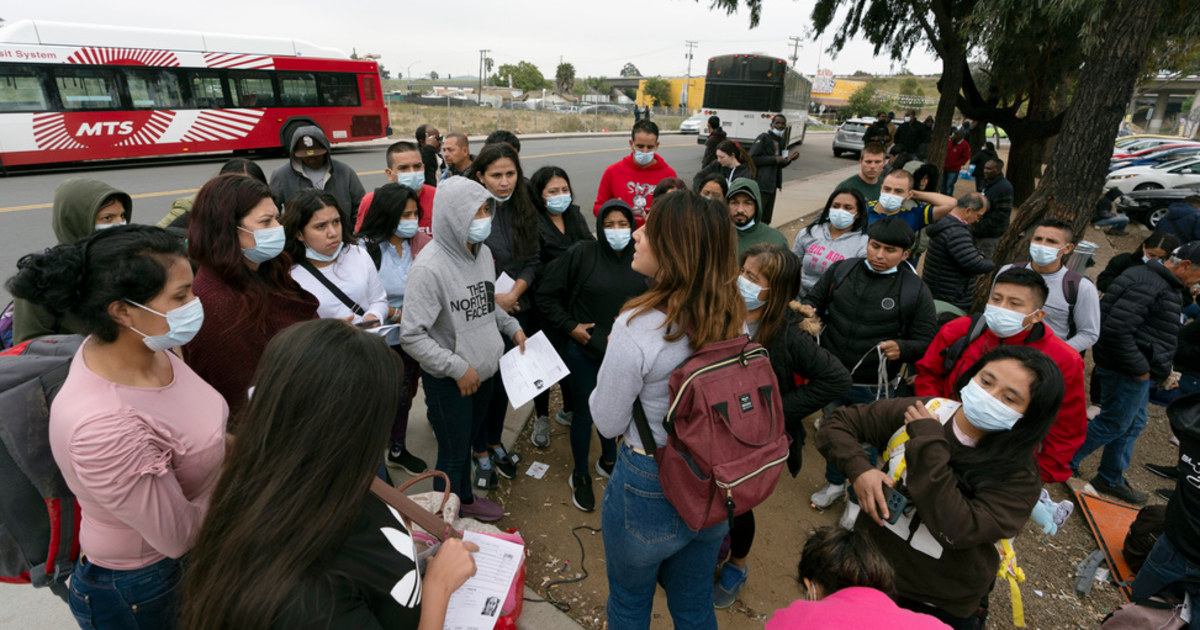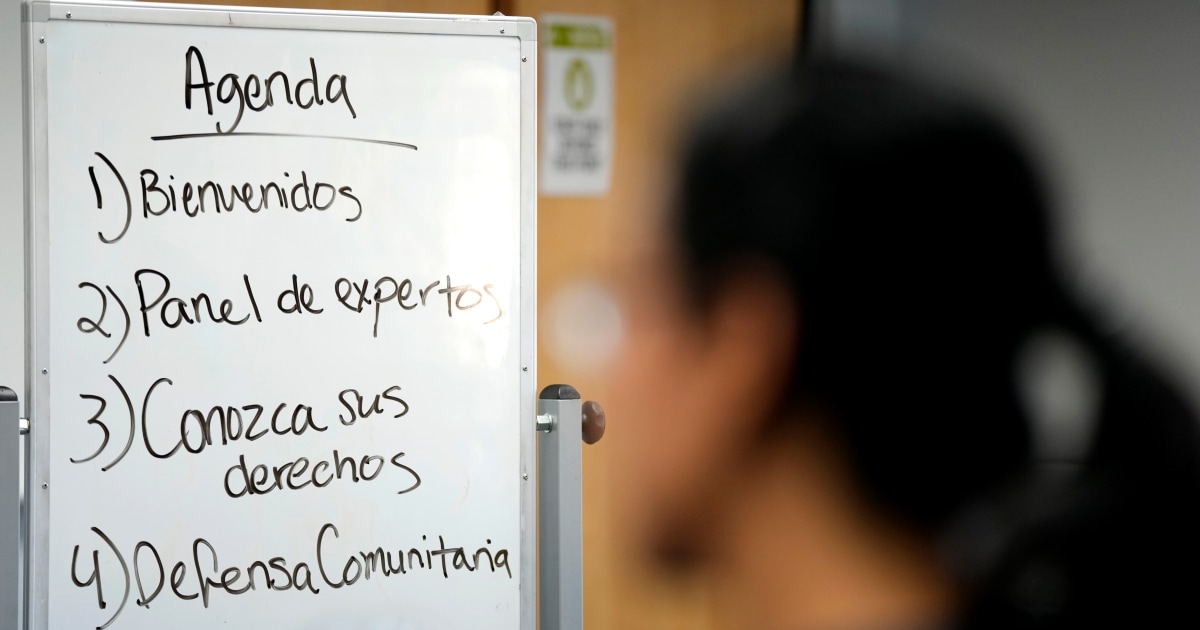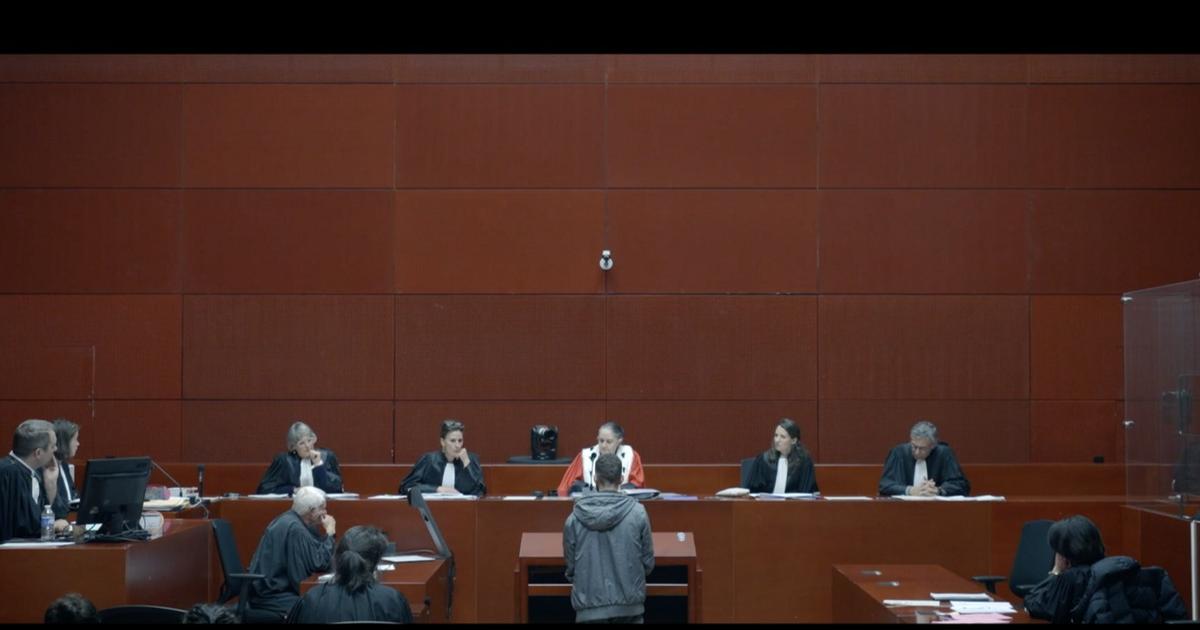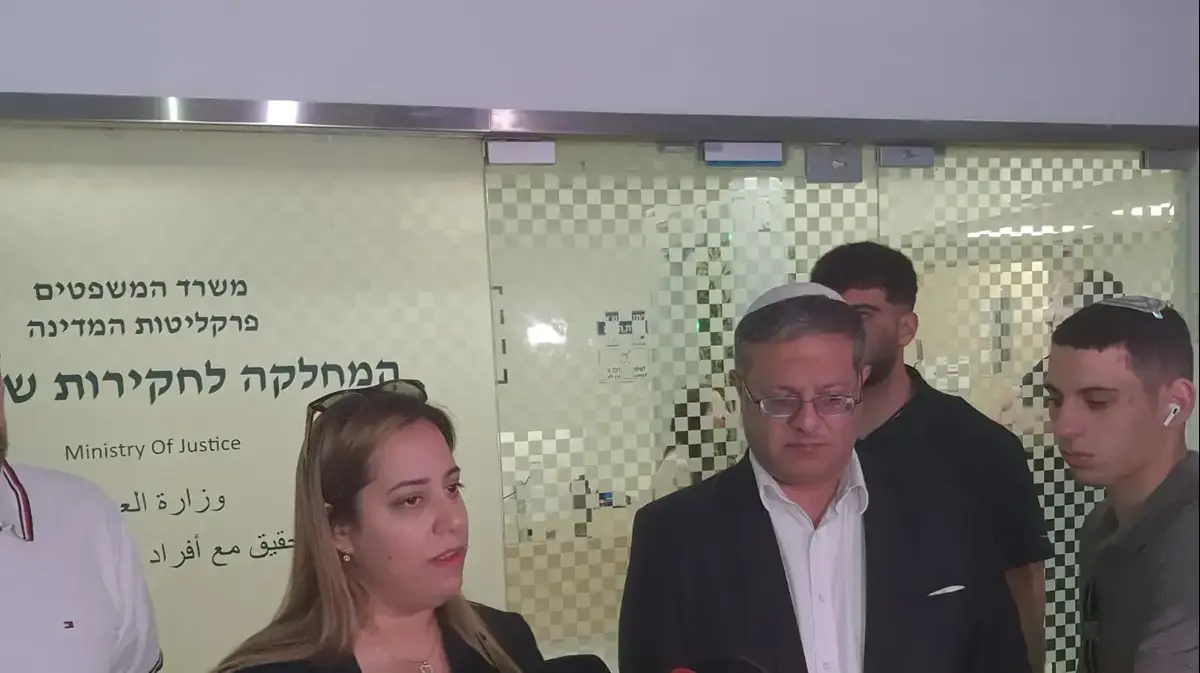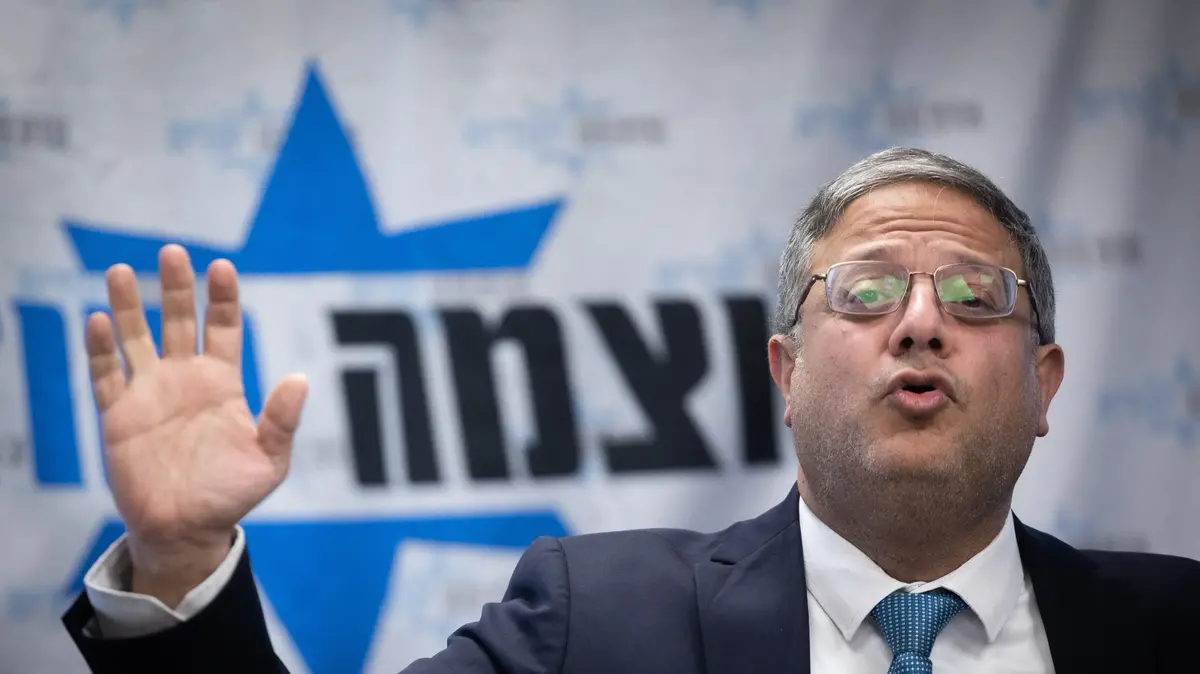Salvador Cienfuegos, in an act in April 2016 in Mexico.Moisés Pablo
The announcement of the transfer of General Salvador Cienfuegos to Mexico has generated a lot of reactions south of the Rio Grande.
In many cases, the comments allude to one word, one concept: impunity.
In Mexico there is an opinion that the departure of the general from the United States automatically implies his forgiveness.
Until now, the Attorney General's Office (FGR) has not reported on the status of the investigation in Mexico.
The investigating agency began its investigations when it learned of the accusation against the military in the United States, in mid-October.
On November 11, he received the evidence accumulated by his peers on the other side of the border.
But so far it is not known how far the prosecution has advanced in the case.
Upon his arrival, the Secretary of Defense during the government of Enrique Peña Nieto was notified that the Public Ministry is conducting an investigation against him with the information he received from the US Department of Justice.
The challenge is enormous for the Prosecutor's Office.
Theoretically autonomous, the agency must tackle an unknown path, since it has never prosecuted a general of the stature of Cienfuegos.
The support of the president, Andrés Manuel López Obrador, to the Armed Forces and the tepidity of the government narrative after the arrest of the general open a number of questions about the future of the investigation.
For the moment, the Government celebrates the diplomatic triumph, but the pressure will increase with Cienfuegos already back.
Carlos Pérez Ricart, doctor in political science and expert in the bilateral relationship between Mexico and the United States, assures that this is “the most important political case of the six-year term.
It is a great opportunity for the president to expose all the networks of complicity that exist between the Armed Forces and crime.
And it is also going to have pressure from the US for the process to move forward, which in this case is positive. "
Pérez Ricart indicates that “the worst that could happen, beyond guilty or innocent, is that the investigation is not sufficiently transparent.
If the FGR manages to carry out an investigation that does not focus only on the character, but on the networks of complicity, it could lead to a macro case ”.
For Ana Lorena Delgadillo, Executive Director of the Foundation for Justice, doubts about the process in Mexico are evident.
"Why are we so afraid that Mexican institutions will investigate?
Because they have proven that they have neither the capacity nor the autonomy to carry out investigations like these.
Citizens do not trust the law enforcement authorities, neither federal nor local, which is nothing new compared to the more than 98% impunity in the country ”.
An expert in access to justice, Delgadillo is suspicious of the agreement between Mexico and the United States.
"Why a few days ago did the United States Attorney's Office not trust the Attorney General's Office and in a few days this changed?
What happened to this sudden change?
What the US Attorney's Office says is that it now recognizes the importance of judicial cooperation between the two countries.
If so, why was this cooperation not given before and Mexico was not notified about the investigations that were being carried out in Cienfuegos and about his detention?
Graciela Rodríguez is director of the Mexican Commission for the Promotion and Defense of Human Rights, an organization that has documented crimes committed by the military in the context of the war against drugs.
Many, perpetrated when Cienfuegos was the Secretary of Defense.
Like Delgadillo, Rodríguez says that the FGR is not prepared, “it does not have the capacity to carry out a context investigation,” he says.
Pérez Ricart disagrees here: “When the Mexican State wants to do something, it is quite effective.
But yes, this case is a litmus test.
And there is a tension between two forces, the first is Mexico's commitment to the United States to carry out the process.
The Prosecutor's Office will have to do something.
And the second is the Government's commitments to the Army, or the complicity between the Public Prosecutor's Office and the Army ... Perhaps it is a tension that is difficult to resolve ”.
For Rodríguez, the investigations of the Prosecutor's Office should not remain in cases of drug trafficking or laundering.
“The law contemplates that the FGR have specialized units in context investigation.
In other words, it is not about going case by case, but rather investigating the context.
And of course, the issue here is that Cienfuegos should be investigated from that perspective.
Because in Mexico there are at least 143 victims of torture, murder and forced disappearance, committed by the military under the command of Cienfuegos, according to data from the ombudsperson office.
Rodríguez also says that the message sent by the Government with the return of Cienfuegos is "discouraging." There is a differentiated treatment according to the cases, he defends. "Why does Cienfuegos come back and García Luna does not?" He says, referring to the chief of police during the government of Felipe Calderón (2006-2012), imprisoned in the United States, also for drug trafficking. “The message is being clear in the sense that not with the military. And that, at a time when militarization increases, there is a message from the Government of support for the military ”, he concludes.

/cloudfront-eu-central-1.images.arcpublishing.com/prisa/AGU54P7OTJHBNADDVGQNTINNJ4.jpeg)

/cloudfront-eu-central-1.images.arcpublishing.com/prisa/4GJCSA2L2HRTBLOQJ2DUXFBO7E.jpg)
